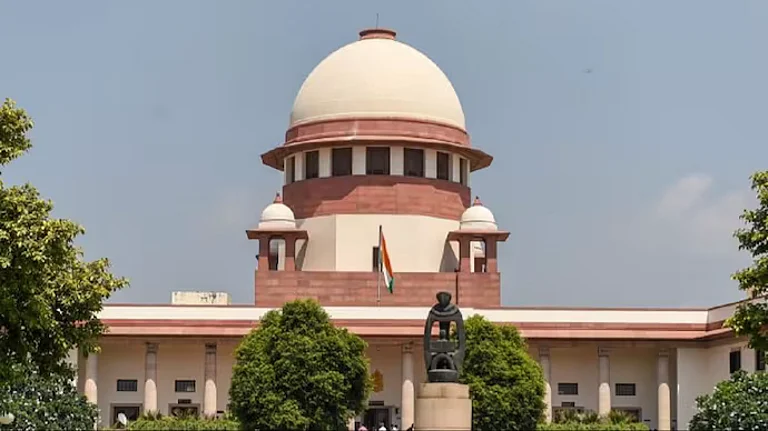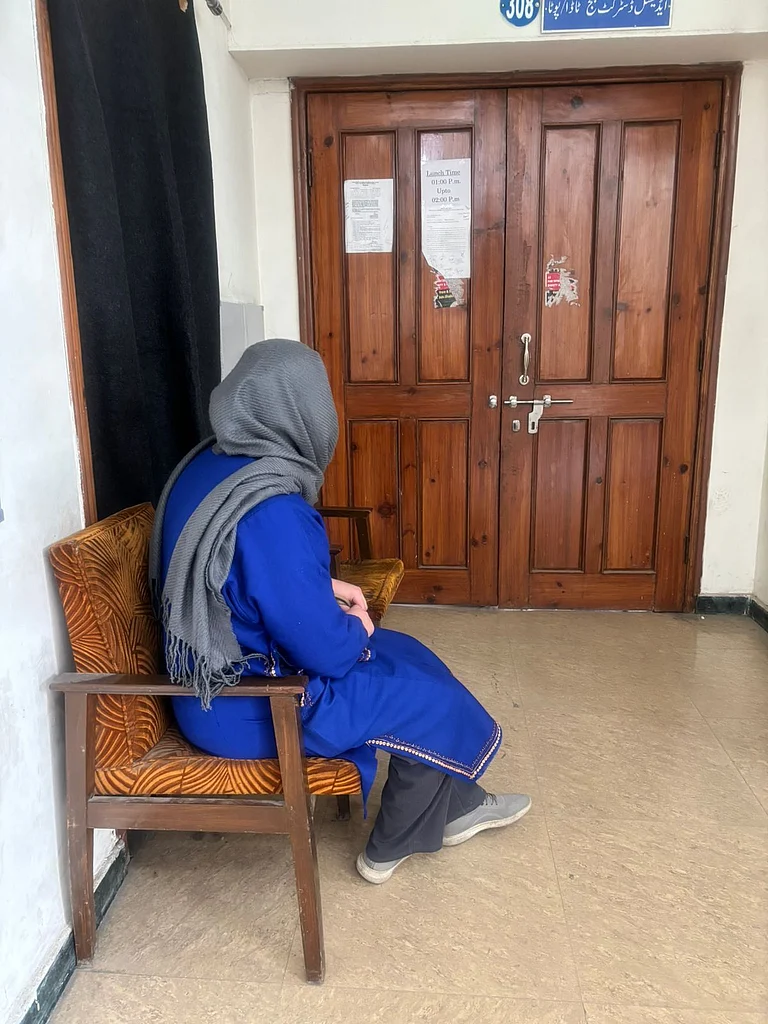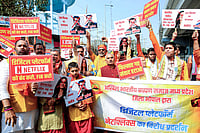On May 15, A bench comprising Justices BR Gavai and Sandeep Mehta passed a judgement declaring the arrest of Prabir Purkayastha, founder and Editor-in-Chief of NewsClick, under the Unlawful Activities (Prevention) Act 1967 (UAPA) as illegal and ordered his immediate release on bail after seven months of incarceration. The release comes after the Supreme Court deemed that the written grounds for arrest were not provided and due procedure for arrest was not followed.
Purkayastha's Arrest
Purkayastha was arrested on October 3, 2023 by the Special Cell of the Delhi Police who had triggered his arrest under UAPA alleging that NewsClick had received funds for pro-China propaganda and was involved in serious anti-national activities. According to reports, he was arrested under numerous sections of the UAPA and the IPC including unlawful activities, acts of terrorism, raising funds for terrorist acts, criminal conspiracy among others.
In October, The Delhi High Court had dismissed Purkayastha’s bail as the acts threatened the country’s stability and integrity, on October 13. However, on May 15, the bench cited the case of Pankaj Bansal, the order of which was passed in October 2023. Where the court had directed the release of Pankaj Bansal and Basant Bansal, directors of the Gurgaon-based realty group, on the ground of absence of written grounds of arrest, who were arrested by the Enforcement Directorate (ED) in June 2023 in a money-laundering investigation linked to a bribery case against a former special judge. According to Live Law, the Court observed that merely reading out the grounds of arrest would not fulfil the mandate of Article 22(1) of the Constitution and Section 19(1) of the Prevention of Money Laundering Act (PMLA) which talks about the power to arrest.
Although the very stringent PMLA and the UAPA differ in the causes they cater to, the language used in both reflect each other. Cited by Kapil Sibal who was representing Purkayastha, the Court examining the same, opined that there is no substantial difference in the language used under Section 19 of the PMLA and Section 43(B) (Procedure of arrest) of the UAPA. “We find that the provision regarding the communication of the grounds of arrest to a person arrested contained in Section 43B(1) of the UAPA is verbatim the same as that in Section 19(1) of the PMLA” the Court added, as quoted on Live Law.
According to Article 22(1) of the Constitution, “No person who is arrested shall be detained in custody without being informed, as soon as may be, of the grounds for such arrest nor shall he be denied the right to consult, and to be defended by, a legal practitioner of his choice.” As per the apex court, the constitutional safeguard provided would apply to both the provisions - Section 19 of the PMLA and Section 43 of the UAPA.
Following the flow of events, Purkayastha was taken to the residence of a special judge without any prior notice on October 4, 2023 for his remand hearing. According to a report by the Indian Express, his lawyers claimed that they were informed about the proceedings “over a phone call at 7 am at the behest of Purakayastha. Purkayastha had said that an unsigned copy of the remand application was sent by WhatsApp to his lawyers without mentioning the time of the arrest or the grounds of arrest. However, even as objections to the remand were filed before 8 am, Purkayastha’s lawyers were told that the remand order had already been passed, and seven days of police custody had been granted.”
Why Purkayastha's Arrest Was Deemed Illegal
Under Section 19(1) of the PMLA, if an ED official believes that any person is guilty of an offence punishable under the act, he may certainly arrest such person, the reason for which must be recorded in writing, and the arrested person should be notified of the grounds of the arrest. The Pankaj Bansal case, which fell under PMLA reflects the UAPA in a similar provision, which requires the grounds of arrest to be presented. The court observed, that since both the laws are comparable, the ruling applies to UAPA as well.
According to Live Law, in the Pankaj Bansal case, the SC had observed: “to give true meaning and purpose to the constitutional and the statutory mandate of Section 19(1) of the [Prevention of Money Laundering Act (PMLA)] of 2002 of informing the arrested person of the grounds of arrest,…it would be necessary, henceforth, that a copy of such written grounds of arrest is furnished to the arrested person as a matter of course and without exception.” The court further observed that every action of the ED was “expected to be transparent, above board and conforming to pristine standards of fair play in action” and they are not expected to be 'vindictive' and must act with utmost fairness.
The bench cited the Pankaj Bansal case in ordering the early release of Purkayastha, a rarity under the UAPA. As per Live Law, the apex court significantly observed that the exercise had been carried out “in a clandestine manner and was nothing but a blatant attempt to circumvent the due process of law; to confine the accused to police custody without informing him the grounds on which he has been arrested; deprive the accused of the opportunity to avail the services of the legal practitioner of his choice so as to oppose the prayer for police custody remand, seek bail and also to mislead the Court.”





























